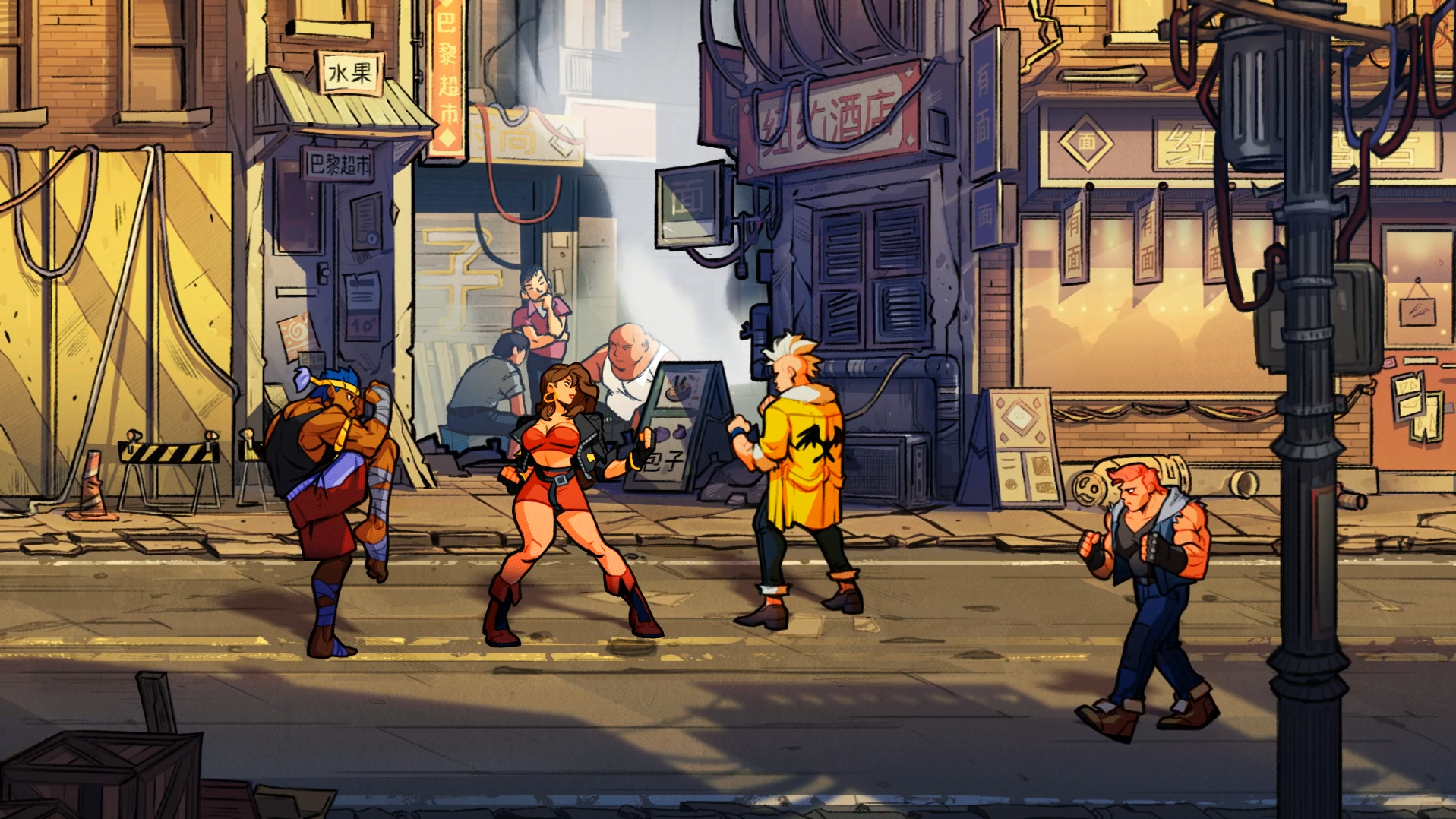In a move that harks back to its rebellious and innovative roots, Sega, once known as the counterculture icon of the gaming world, is making waves in the industry. The resurgence of Sega’s bohemian spirit was palpable at the recent Game Awards in Los Angeles, where the company unveiled a captivating trailer.
This trailer heralded the return of several beloved game series, including ‘Crazy Taxi,’ ‘Golden Axe,’ ‘Jet Set Radio,’ ‘Shinobi,’ and ‘Streets of Rage,’ all of which have been in hibernation for over a decade.
The revival of these classics is not just a mere rehash of old glories; Sega is infusing new life into these titles with modern technology and concepts. The traditionally 2D brawlers ‘Golden Axe’ and ‘Streets of Rage’ are being reimagined in a 3D format, promising a fresh perspective to the well-loved franchises. ‘Crazy Taxi,’ an arcade favorite known for its exhilarating time-based street racing, is also undergoing a contemporary transformation.
‘Shinobi’ remains true to its 2D action-packed heritage but with an artistic twist of colorful, flat-shaded animation. ‘Jet Set Radio,’ a game that enjoyed a cult following for its unique blend of extreme sports, 3D platforming, and graffiti art, is being given a chance to shine again in this new era. This game, once a standout on the Dreamcast, epitomizes Sega’s penchant for experimenting with unconventional concepts.
Shuji Utsumi, the co-chief operating officer of Sega and CEO of Sega of America, is the architect behind this strategic revival. Utsumi, who played significant roles in launching Sony’s PlayStation and Sega’s Dreamcast, reflects on Sega’s legacy as the edgy alternative in the gaming console market.
The Dreamcast, Sega’s final console, marked a pivotal moment as the company transitioned from hardware to solely focusing on game development and publishing. Despite its commercial challenges, Dreamcast garnered a loyal fan base, admired for its pioneering features like built-in online connectivity.
Upon rejoining Sega four years ago, Utsumi discovered a treasure trove of intellectual properties ripe for revisitation. His vision is not merely to rekindle past successes but to breathe new life into these series, leveraging the expansive global gaming market. His experience as co-founder of Q Entertainment, known for its avant-garde approach to game design, further bolsters this endeavor.
The resurgence of these legacy games coincides with the sustained success of three major Sega franchises: ‘Sonic the Hedgehog,’ which has transcended the gaming world with two blockbuster films; ‘Yakuza’ (now ‘Like a Dragon’), a crime drama series with a burgeoning U.S. fanbase; and ‘Persona,’ a role-playing series centered around mystery-solving teens. These franchises have been instrumental in supporting Sega’s recent endeavors.
Looking ahead, Sega also has its sights on reviving other legacy properties, such as the ‘Virtua Fighter’ series, renowned for its realistic approach to fighting games. The challenge, as Utsumi notes, lies in enhancing the dramatic elements of the game while staying true to its roots.
In summary, Sega’s latest initiative is more than a nod to nostalgia; it’s a strategic blend of past and present, aiming to captivate both long-time fans and new audiences alike. This rebirth of classic titles underlines Sega’s enduring legacy and its continuous evolution in the dynamic world of gaming.
